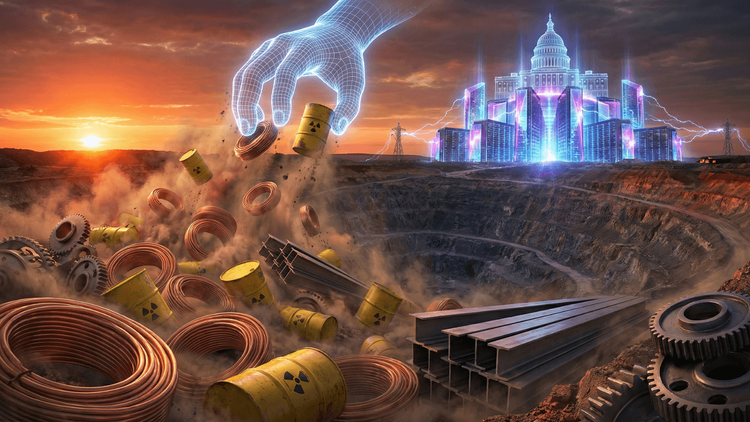Trump Eyes Ukraine’s Rare Earths to Offset $300 Billion in War Aid
Trump Seeks Rare Earths from Ukraine as Compensation for U.S. Military Aid

In a striking policy statement, U.S. President Donald Trump has proposed that Ukraine supply the United States with rare earth minerals as compensation for the billions of dollars in aid Washington has provided to Kyiv during its war against Russia.
“We’re telling Ukraine they have very valuable rare earths,” Trump said in a White House briefing. “We’re looking to do a deal with Ukraine where they’re going to secure what we’re giving them with their rare earths and other things.”
Trump emphasized his goal of achieving “equalization” in financial exchanges, citing the nearly $300 billion the U.S. has committed to Ukraine since the war began.
A Strategic Play for Critical Minerals
Rare earth minerals, a crucial component in modern technology, power everything from electric vehicles and smartphones to advanced military defense systems. While China dominates global production, the United States has been searching for ways to secure a more independent supply chain.
Ukraine possesses significant deposits of critical minerals, including uranium, lithium, and titanium. Though its reserves are not among the world’s largest, the country’s mineral wealth could provide a valuable bargaining chip in diplomatic negotiations with Washington.
The Biden administration, before Trump’s presidency, had already begun investing in domestic rare earth mining and processing capabilities. However, the U.S. currently has only one operational rare earth mine and limited refining infrastructure, making international partnerships critical.
Geopolitical Implications
Trump’s comments raise questions about the geopolitical consequences of such a deal. If Ukraine agrees, it could shift the dynamics of global mineral markets, potentially reducing Western dependence on China for rare earths.
At the same time, an agreement of this nature could complicate Ukraine’s relationships with European allies, some of whom might see such an arrangement as economic coercion. Russia, too, would likely respond aggressively to any attempts by Ukraine to strengthen economic ties with the U.S. through its resource sector.
While Trump has not elaborated on the specifics of his plan, the proposal underscores his administration’s broader goal of leveraging economic agreements to offset U.S. expenditures abroad.
The Road Ahead: Challenges and Uncertainties
Despite Trump’s confidence in striking a deal, several obstacles stand in the way.
- Regulatory and Legal Hurdles: Any agreement would require extensive legal negotiations and likely congressional approval.
- Infrastructure and Development Needs: Ukraine’s mining sector would need significant investment to scale up production and meet U.S. demand.
- China’s Role in the Market: Beijing could counter the move with its own economic strategies, further intensifying the global battle for mineral dominance.
Whether Ukraine ultimately agrees to Trump's proposal remains to be seen, but the discussion highlights the strategic importance of rare earths in global politics.
Conclusion
Trump’s proposal to trade financial aid for rare earth minerals signals a bold shift in economic diplomacy. As Ukraine navigates its war with Russia and its alliances with Western nations, the potential mineral deal with the U.S. could reshape global supply chains. However, with political, economic, and logistical challenges ahead, the feasibility of such a trade remains uncertain.






